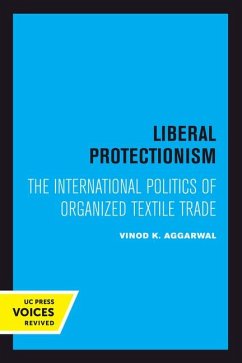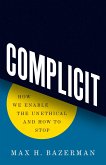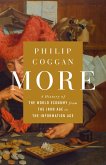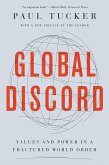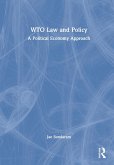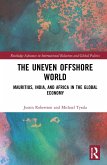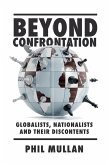"The conceptual and theoretical thrusts of this study are at the cutting edge of the study of international regulation and collaboration. . . . It is an important substantive contribution to the literature on international political economy, particularly to the discussion of trade barriers. . . . More important, it is an original contribution to the literature on international regimes."--Mark W. Zacher "A regime of 'organized' international trade in textiles and clothing is now in its third decade. As initially conceived, it was to have been a procedure for the orderly allocation of market shares among exporting and importing countries--liberal protectionism. In practice, it has become the leading example of illiberal protectionism and foreshadows the probable outcomes of further experiments to 'organize' trade. This important book, which analyzes these key developments, should be read by scholars and policymakers concerned with the future of trading order."--Philip H. Trezise
